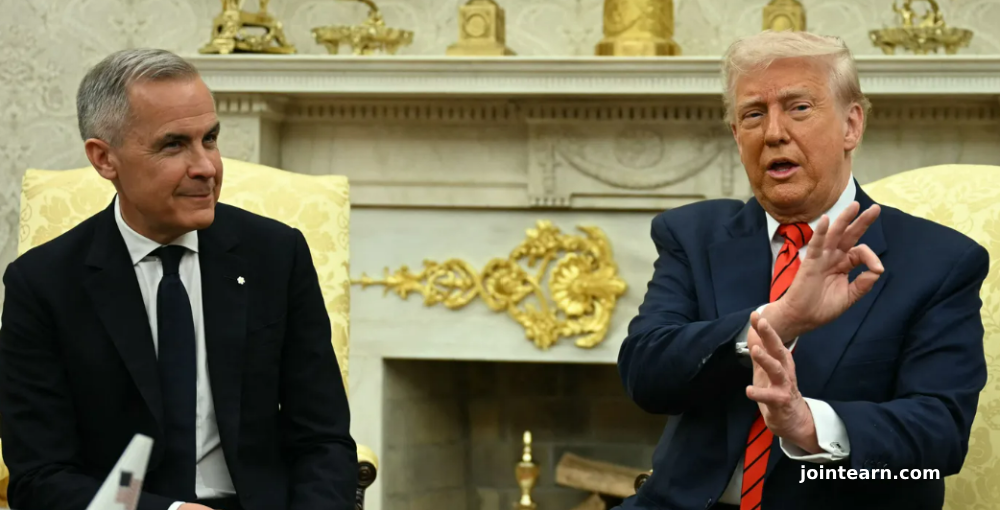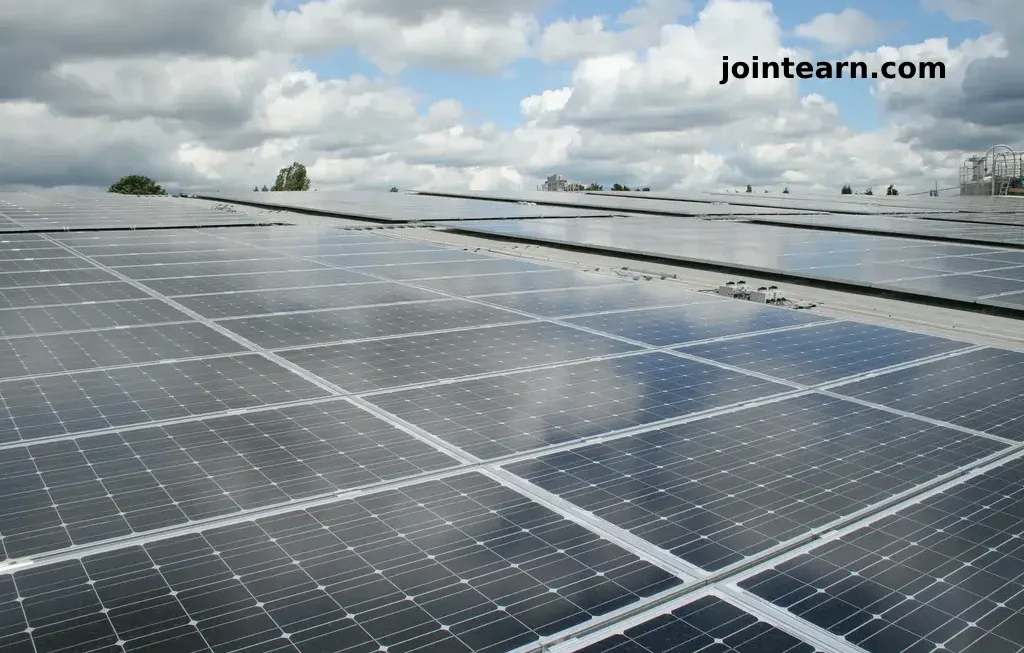President Donald Trump has announced the immediate suspension of U.S. air strikes against Iran-backed Houthi rebels in Yemen, signaling a turning point in the months-long Red Sea conflict that has disrupted global shipping and escalated regional tensions.
Speaking from the Oval Office alongside Canadian Prime Minister Mark Carney, Trump declared the Yemen air strike campaign over, citing a new ceasefire agreement brokered by Oman. “They don’t want to fight anymore,” said Trump, referring to the Houthi movement, which has targeted vessels in the Red Sea since late 2023 in response to the ongoing Gaza war.
“We’re going to stop the bombing of the Houthis, effective immediately,” Trump said. “They say they will not be blowing up ships anymore — and that’s what the purpose of what we were doing.”
Oman Confirms Ceasefire Deal in Red Sea
Omani Foreign Minister Badr al-Busaidi confirmed the ceasefire, stating on social media that discussions between Washington, Muscat, and Yemeni negotiators had “resulted in a ceasefire agreement between the two sides.”
He added, “In the future, neither side will target the other, including American vessels, in the Red Sea and Bab al-Mandab Strait, ensuring freedom of navigation and a smooth flow of international commercial shipping.”
Shipping Attacks Drove U.S. Response
The Houthi rebels, aligned with Iran, began launching missile and drone attacks on ships in the Red Sea shortly after the Gaza war erupted in October 2023, claiming solidarity with Palestinians. Between November 2023 and January 2025, they struck more than 100 merchant vessels, sinking two and killing four sailors.
The attacks severely disrupted the global supply chain, slashing Red Sea trade by half, an area that usually channels over $1 trillion in global goods annually.
Trump’s air campaign, launched in mid-March 2025, responded with over 2,000 munitions targeting more than 1,000 Houthi sites, at a cost exceeding $750 million, not including operational costs of two aircraft carriers and other naval assets.
Houthi Stance on Gaza Unchanged
While the Houthis have not formally confirmed their commitment to the ceasefire, their statement reiterated support for Palestinians and said their position on Gaza remains unchanged. It’s unclear whether they officially accepted the full terms of the U.S. agreement.
Israeli Air Strikes Escalate Conflict
Just hours before Trump’s announcement, Israeli fighter jets conducted air strikes on Sanaa International Airport, claiming to have fully disabled the facility. The attack was in response to a Houthi missile strike near Israel’s Ben Gurion Airport earlier in the week.
Israel’s recent actions mark a second wave of retaliatory strikes on Houthi infrastructure in Yemen, further escalating the Middle East conflict.
Costly Campaign and Regional Implications
The conflict has proven costly beyond direct munitions. The U.S. lost seven MQ-9 Reaper drones (valued at over $30 million each) and one F/A-18 fighter jet in the operation. While Trump emphasized reopening shipping lanes and de-escalation, security analysts like Gregory Brew note the Houthis haven’t attacked commercial vessels since December 2024 and are likely to continue targeting Israeli assets.






